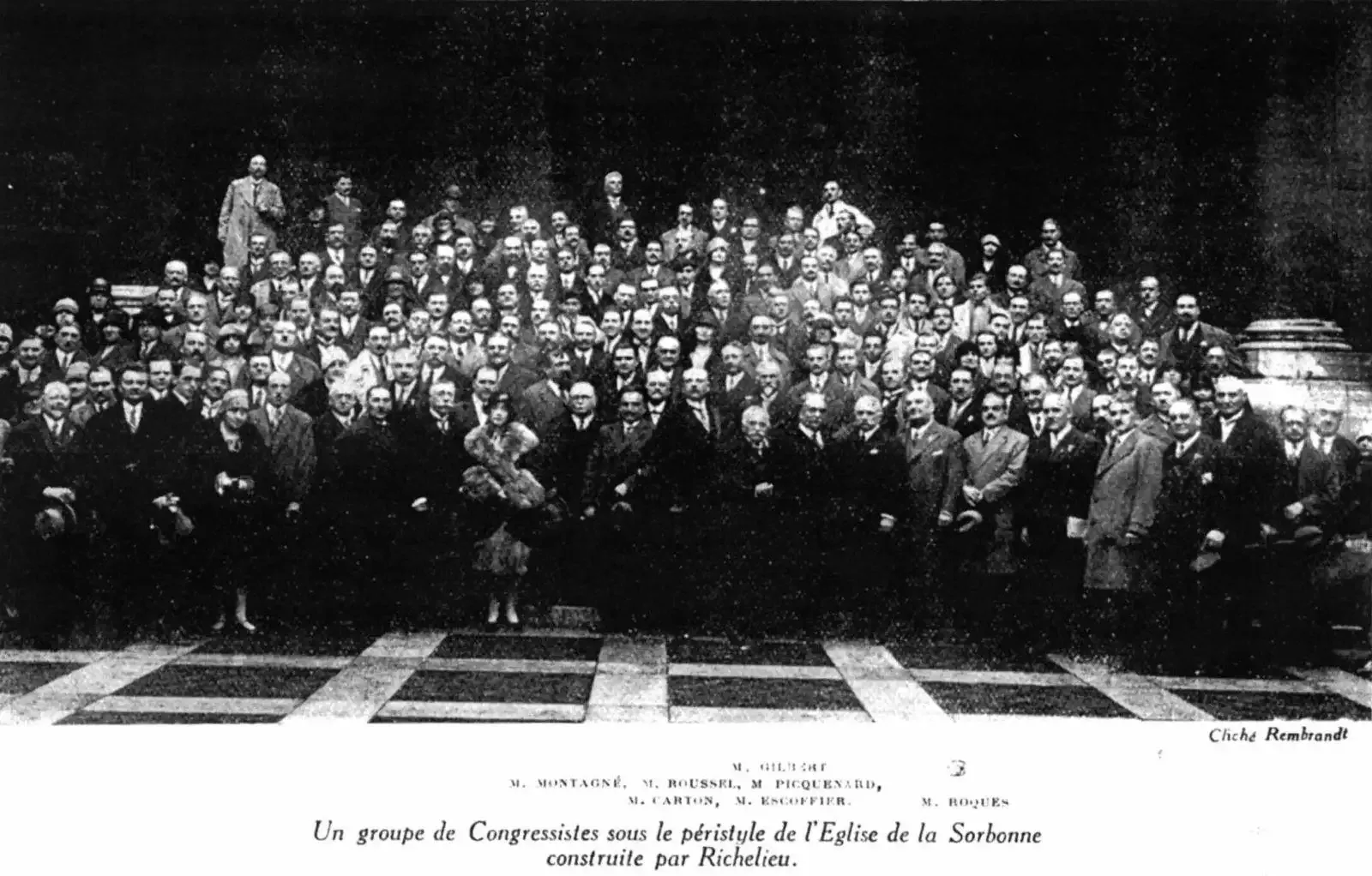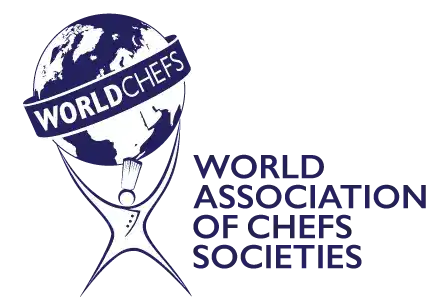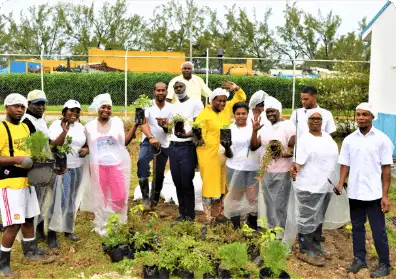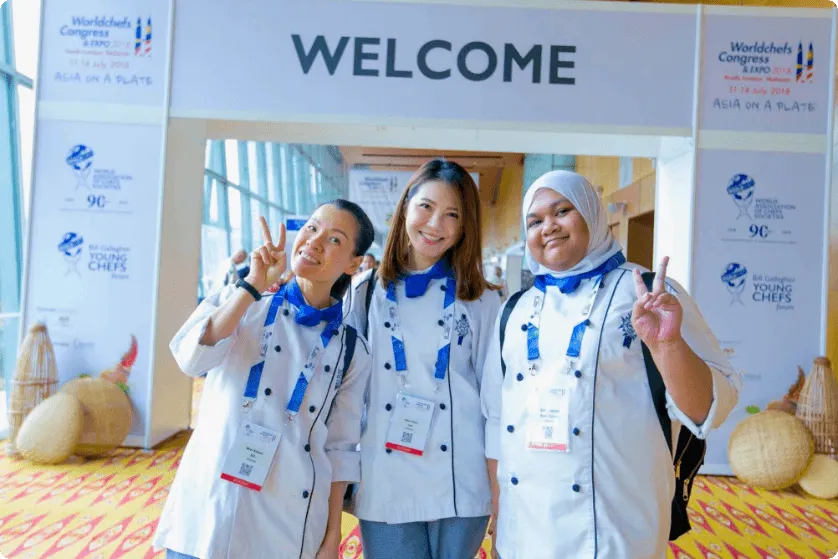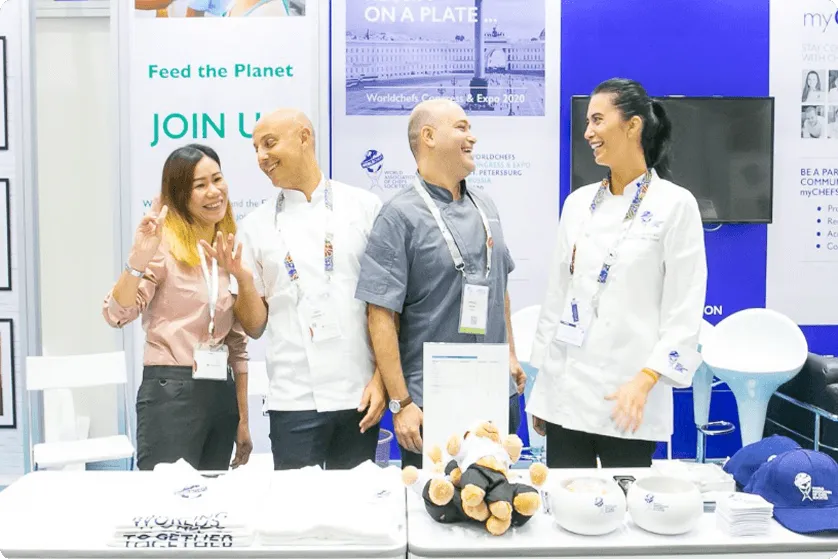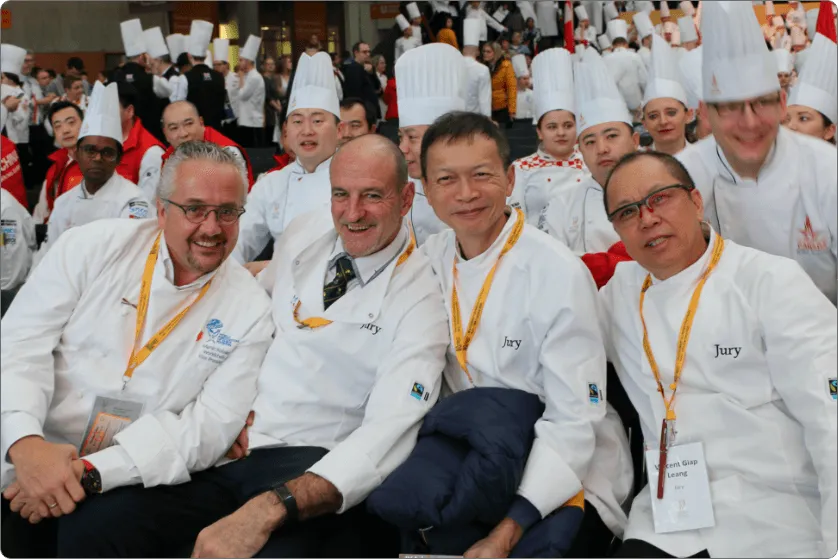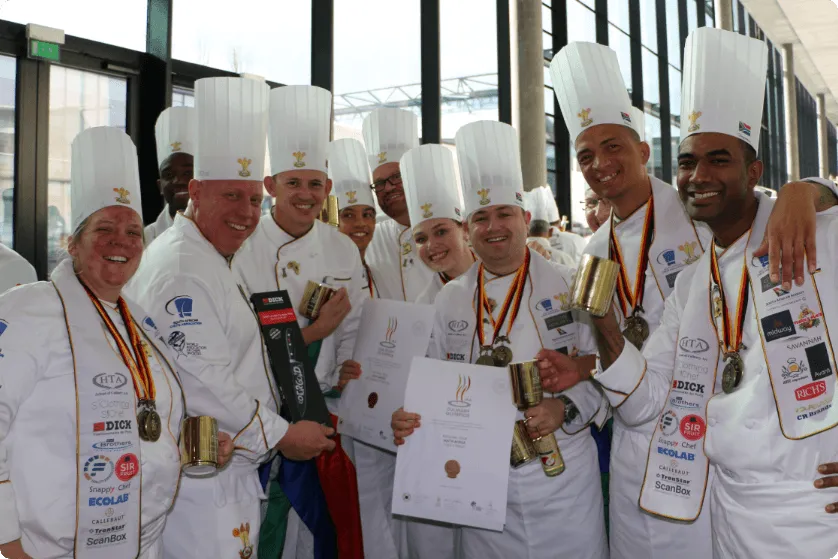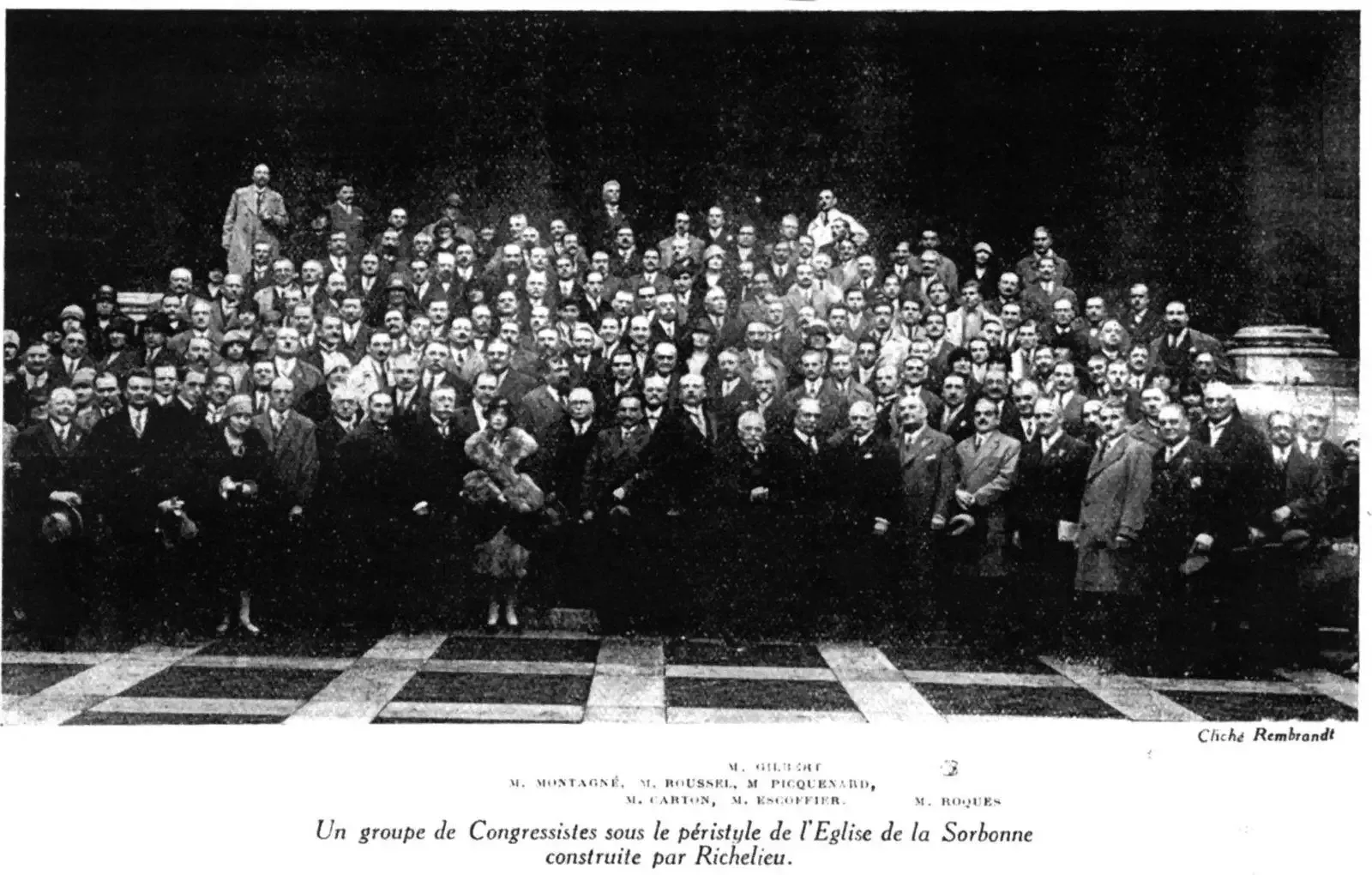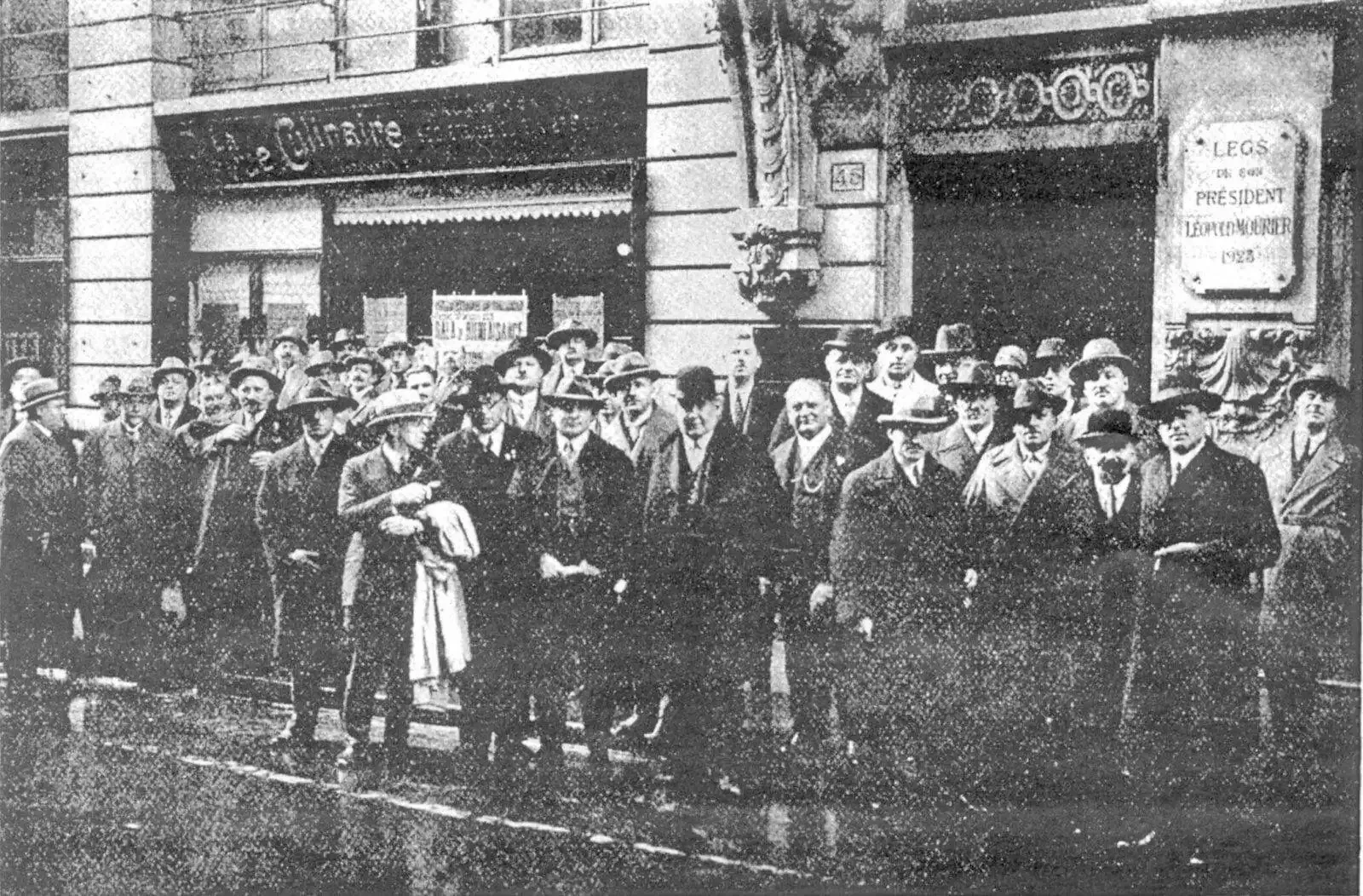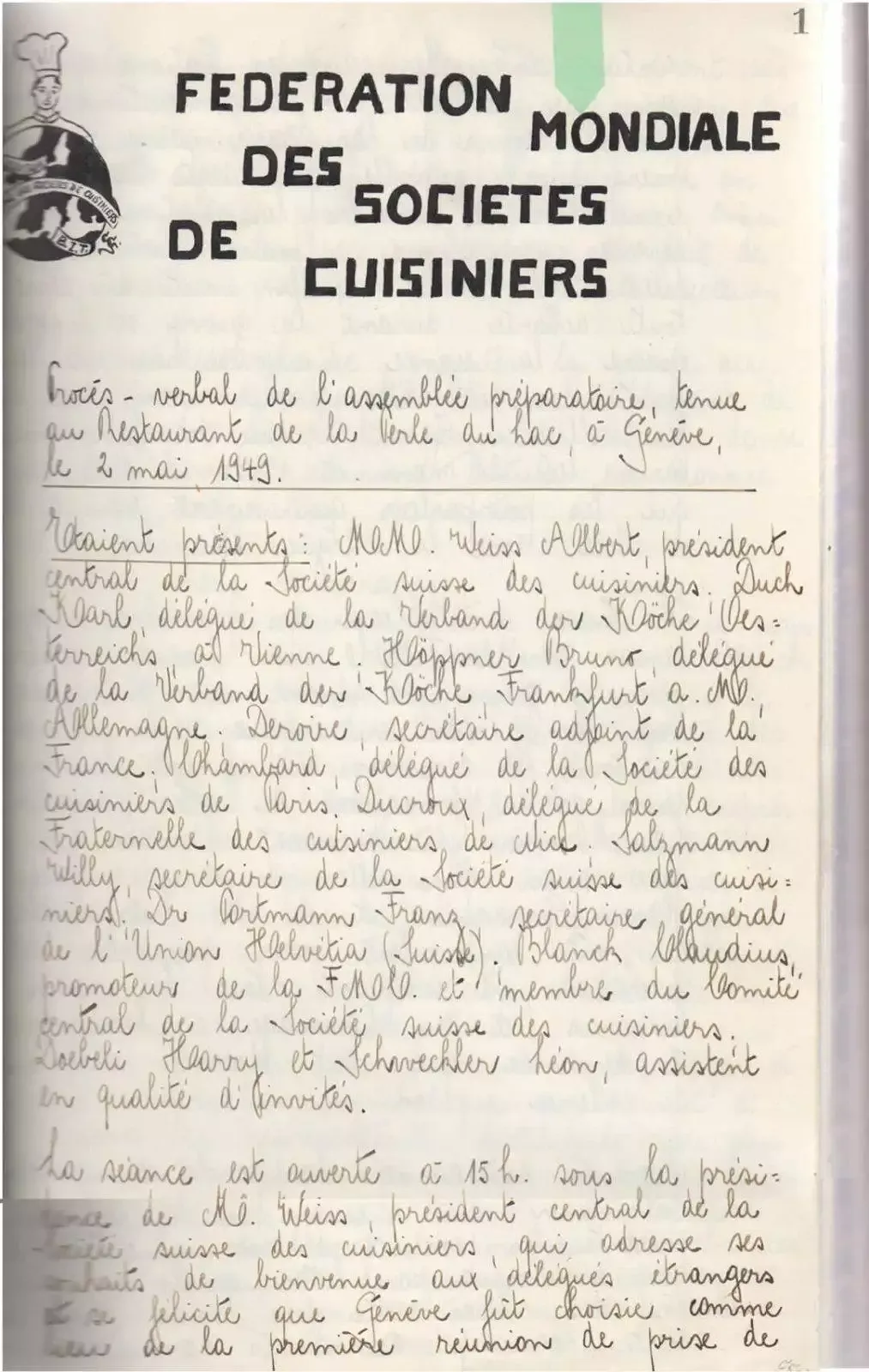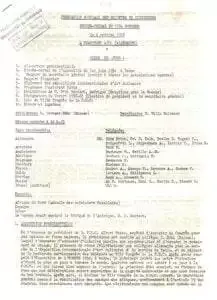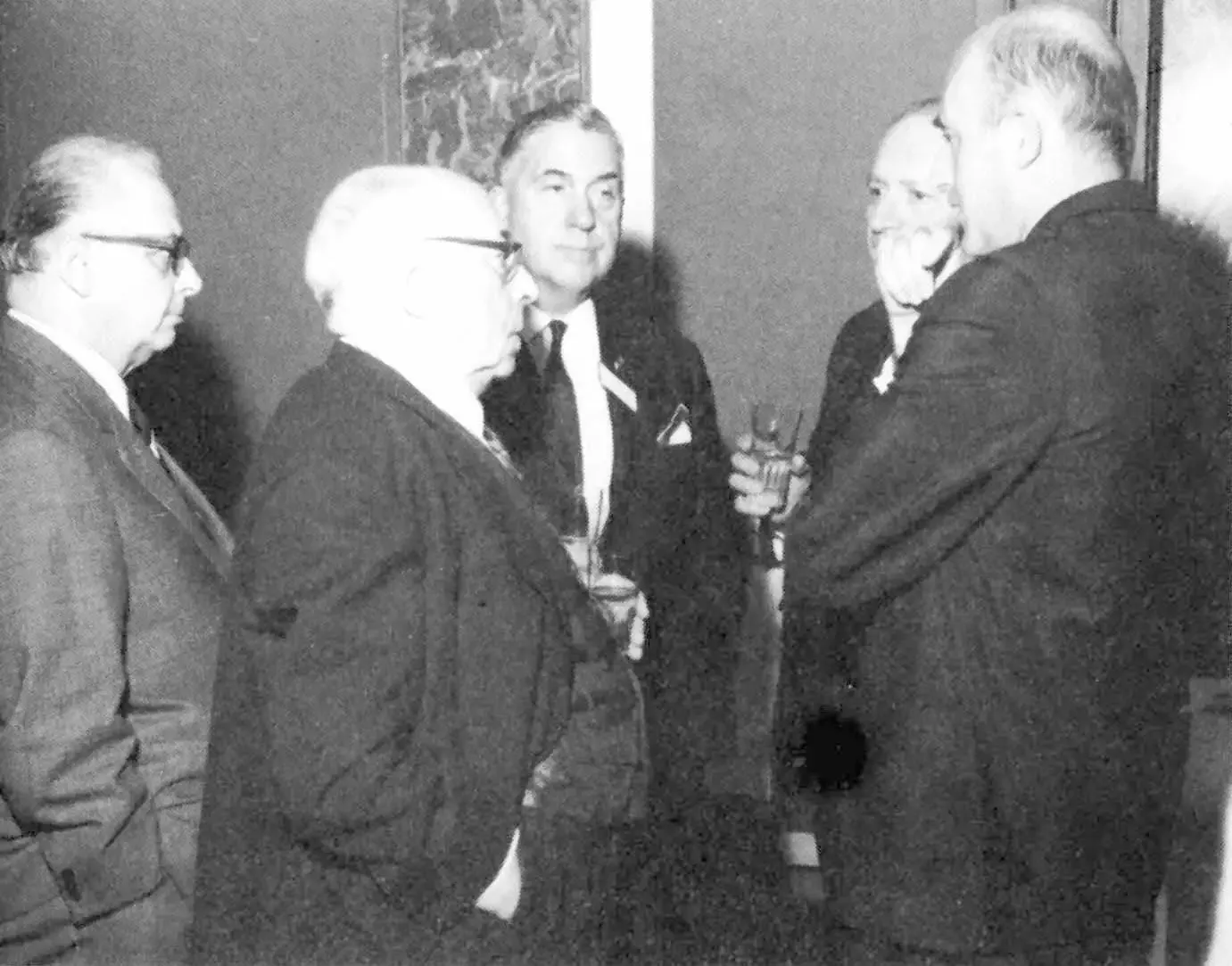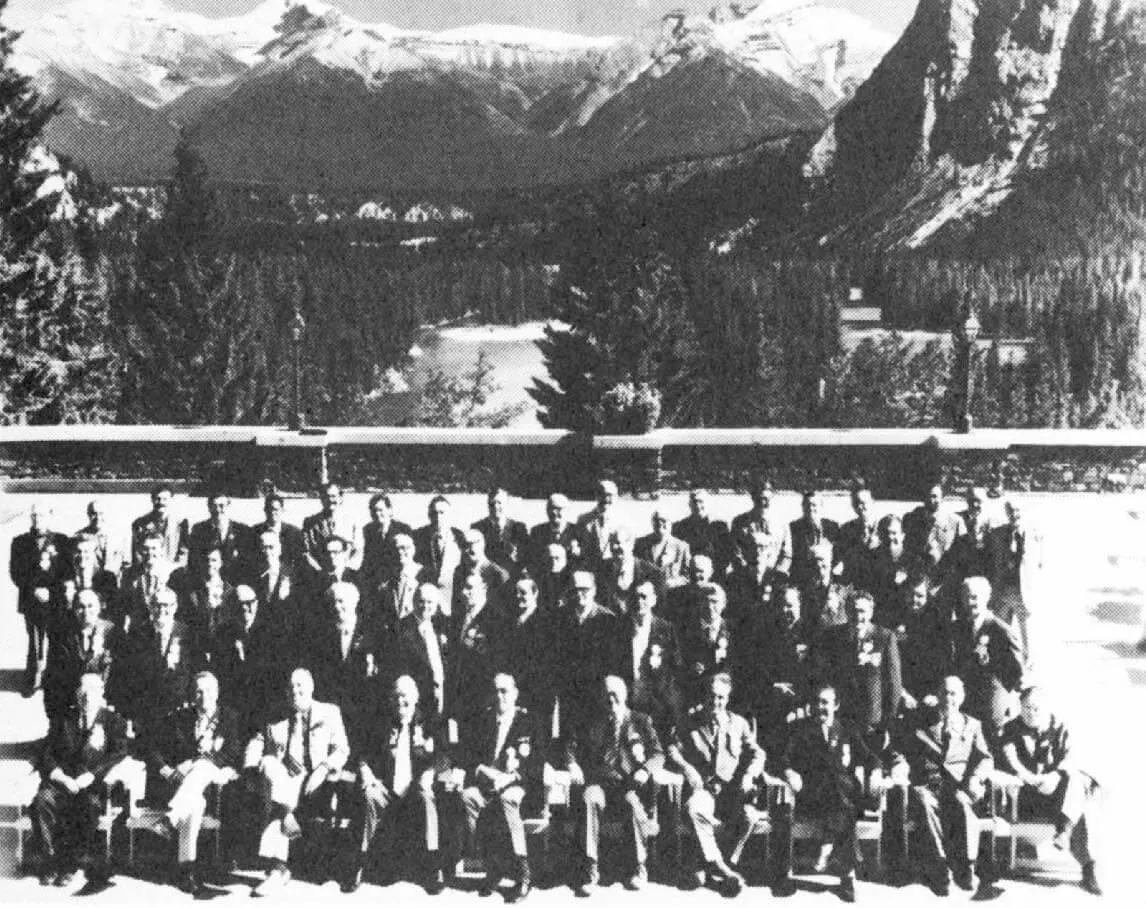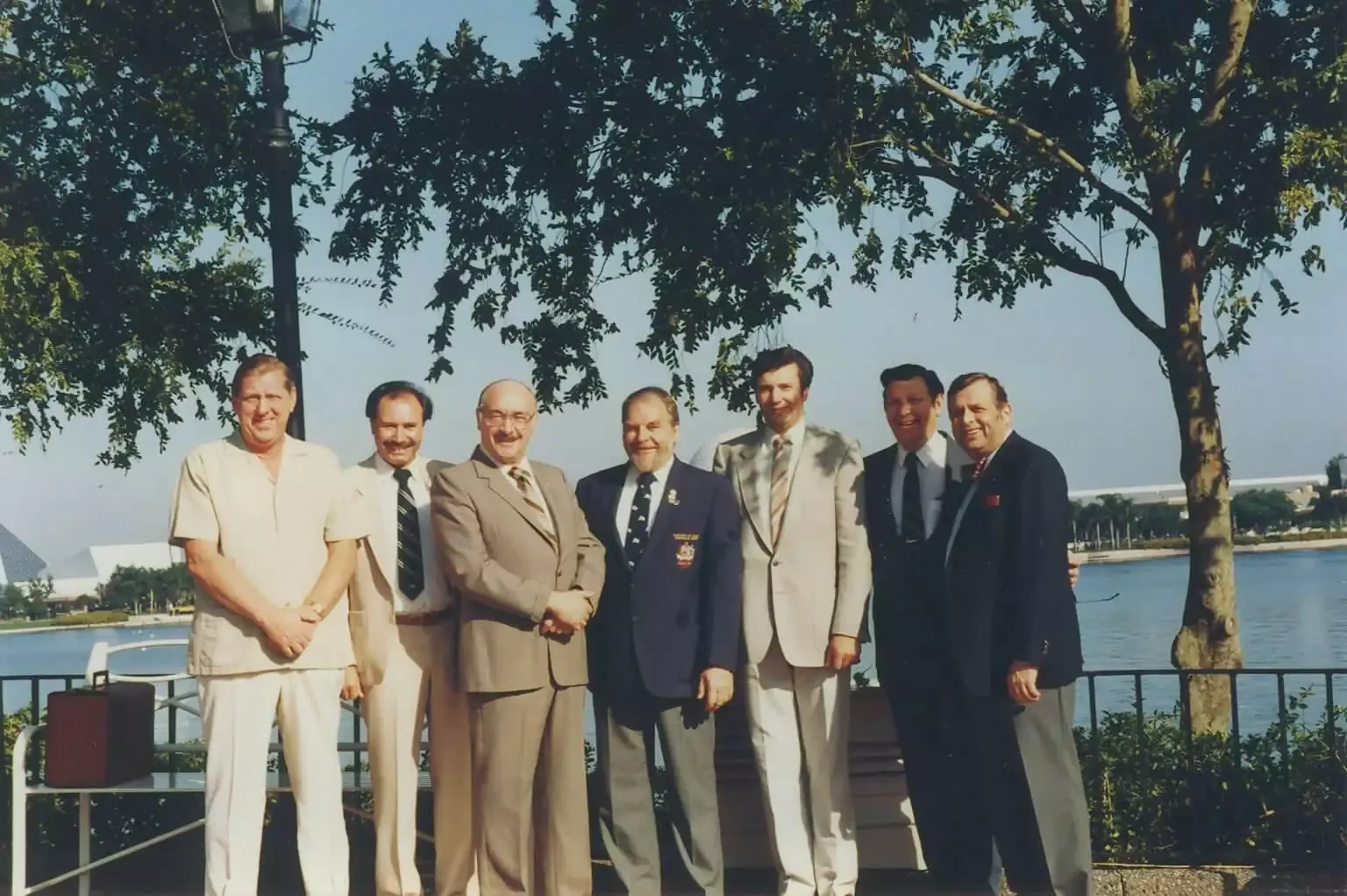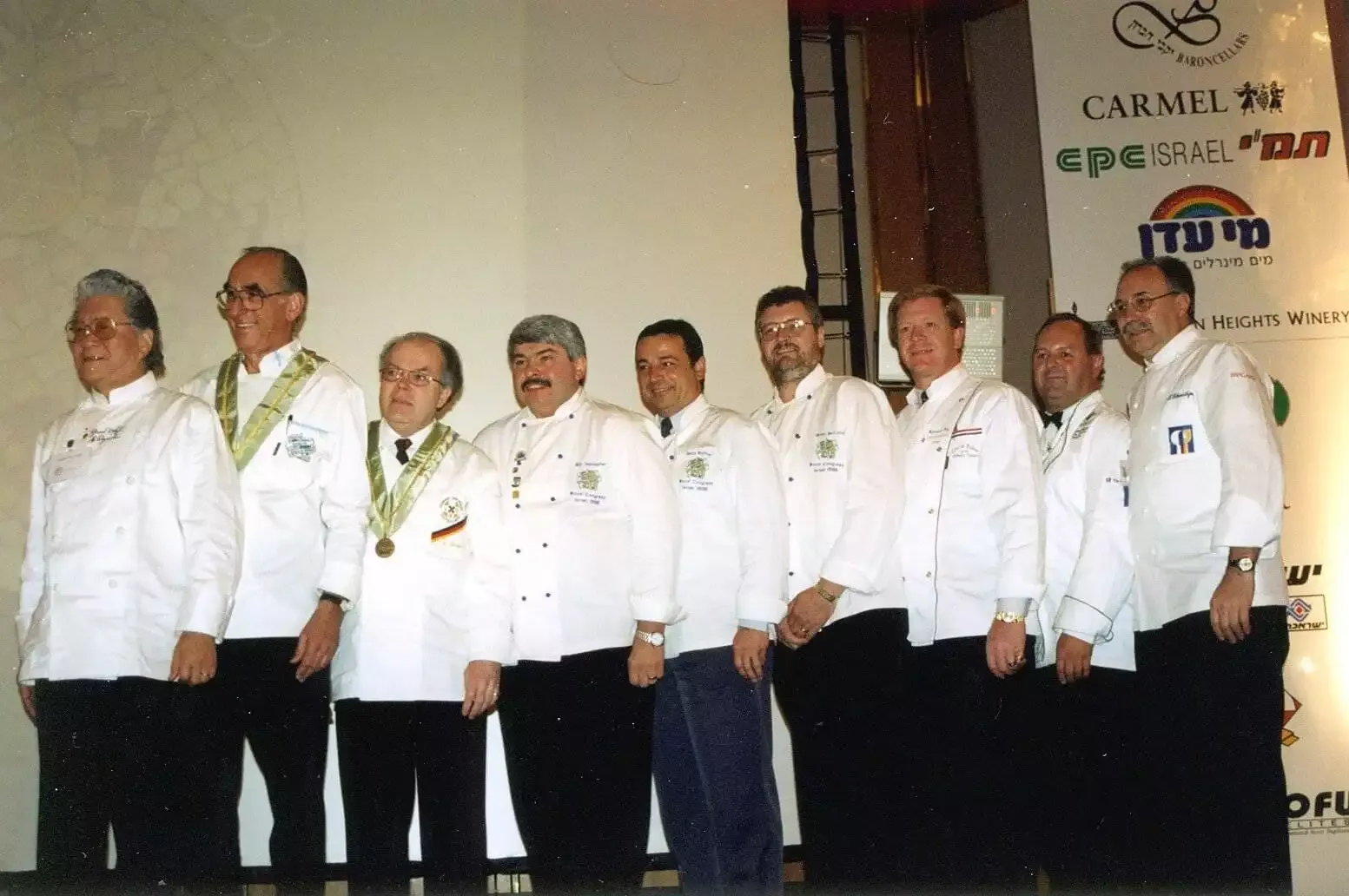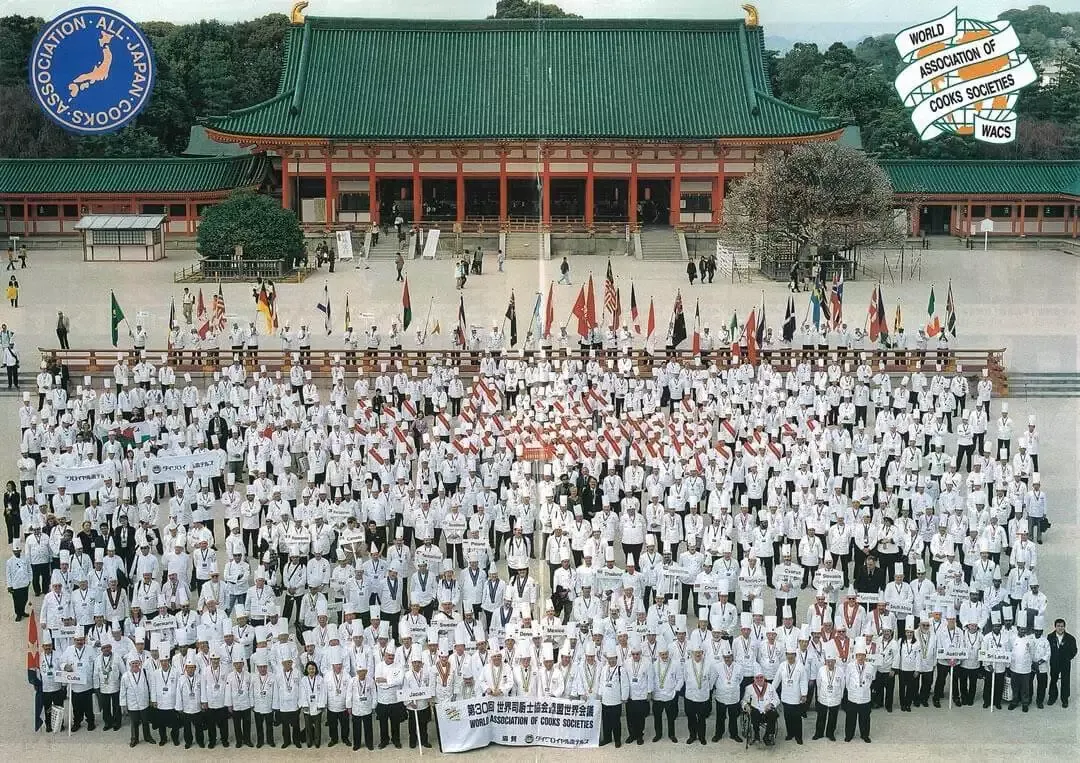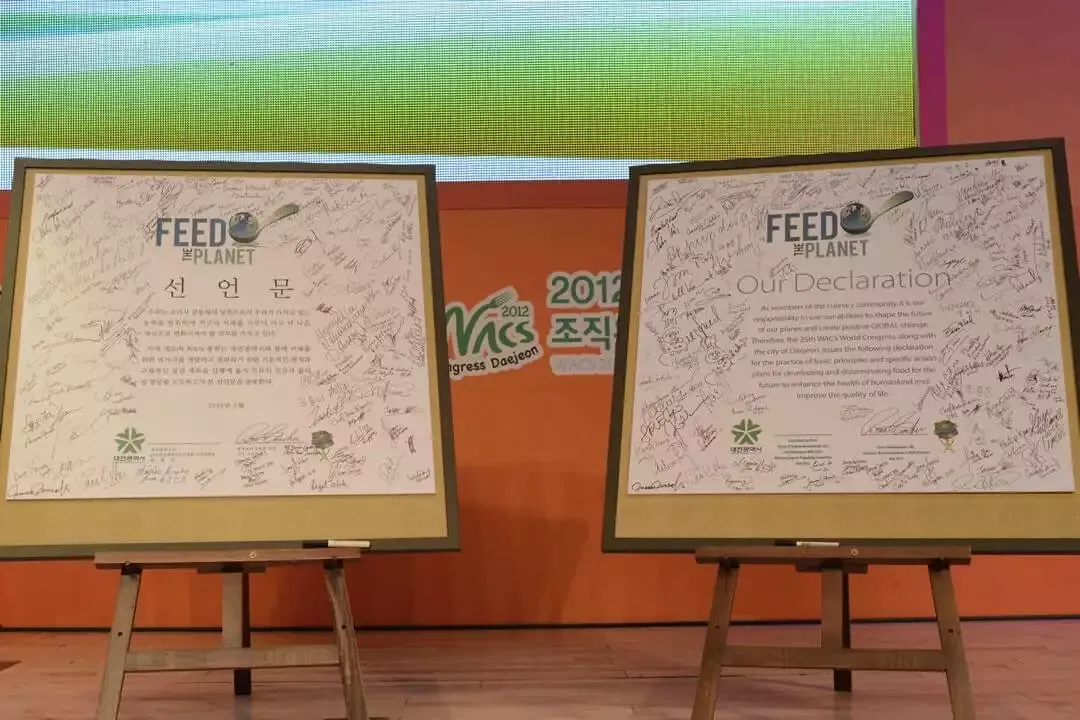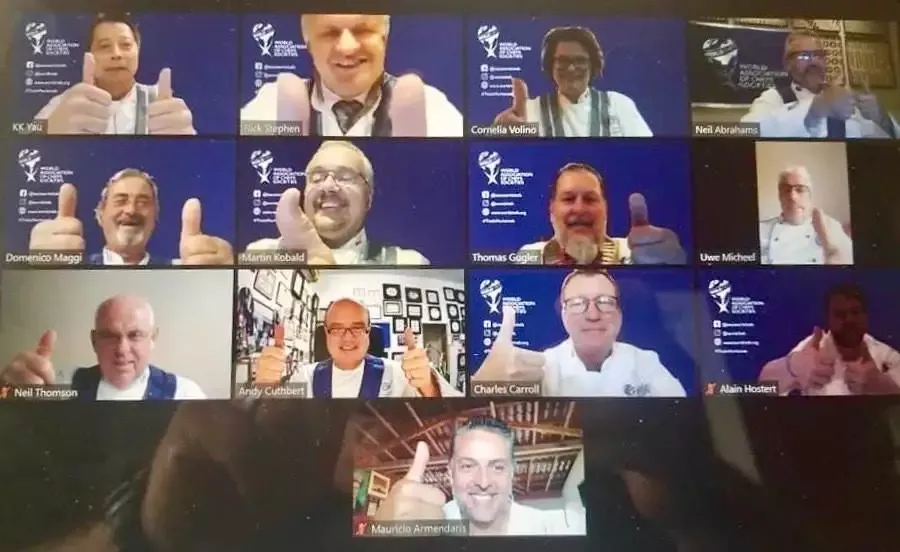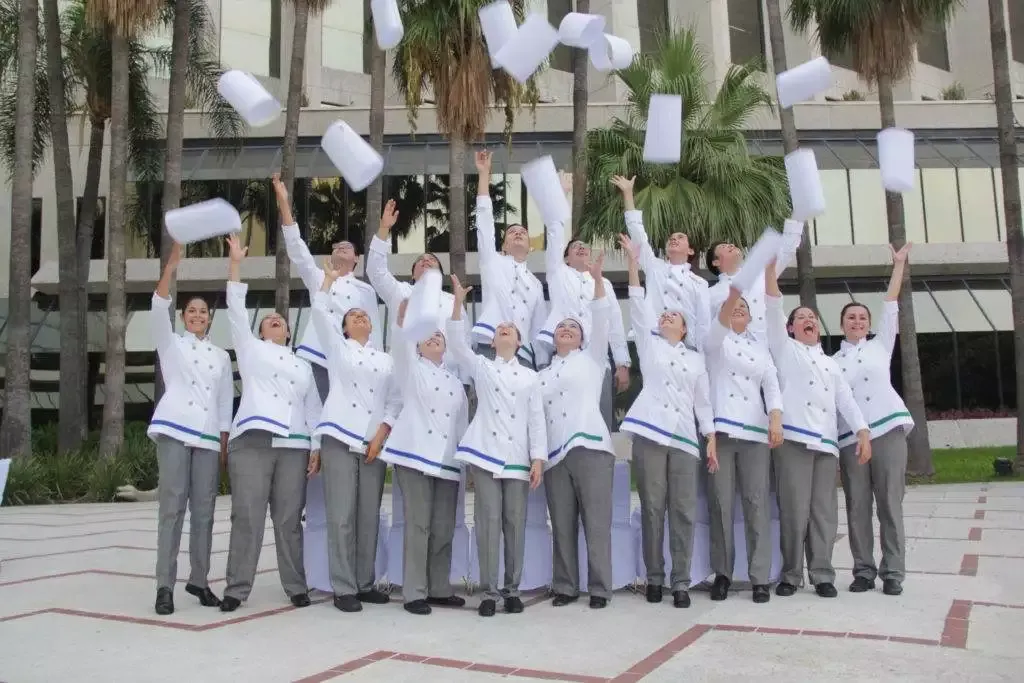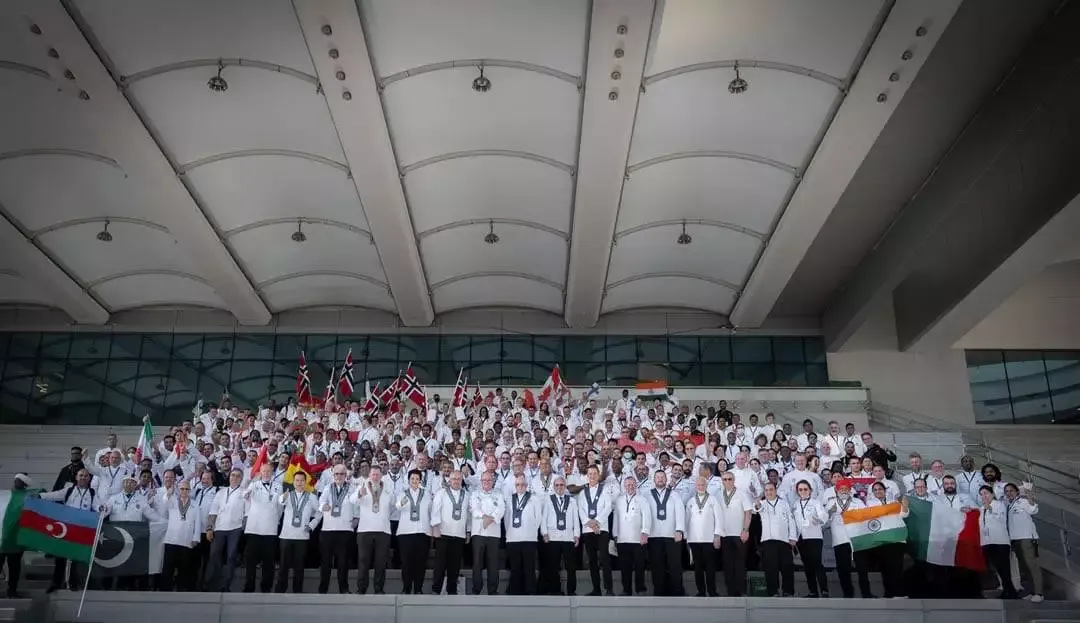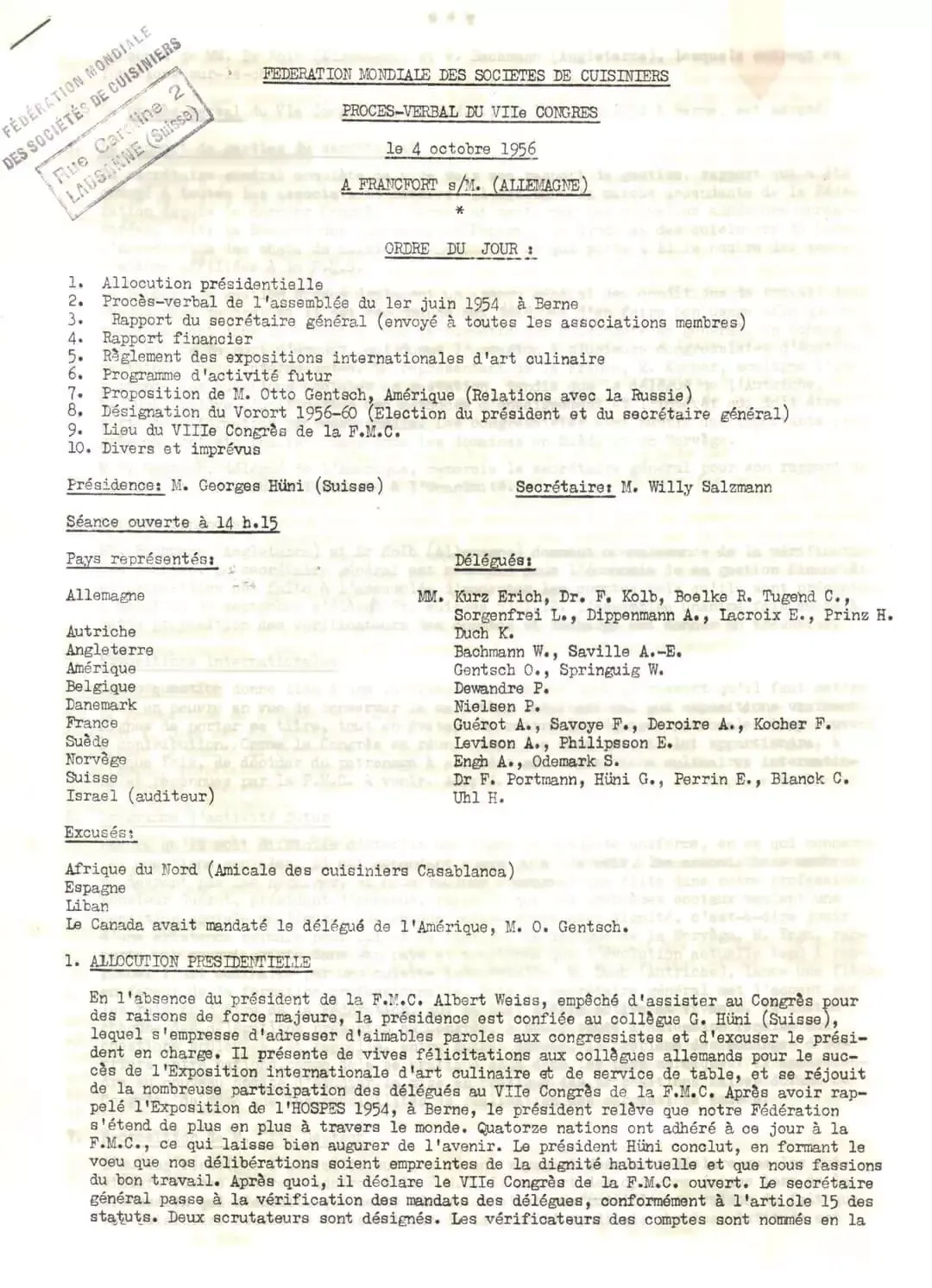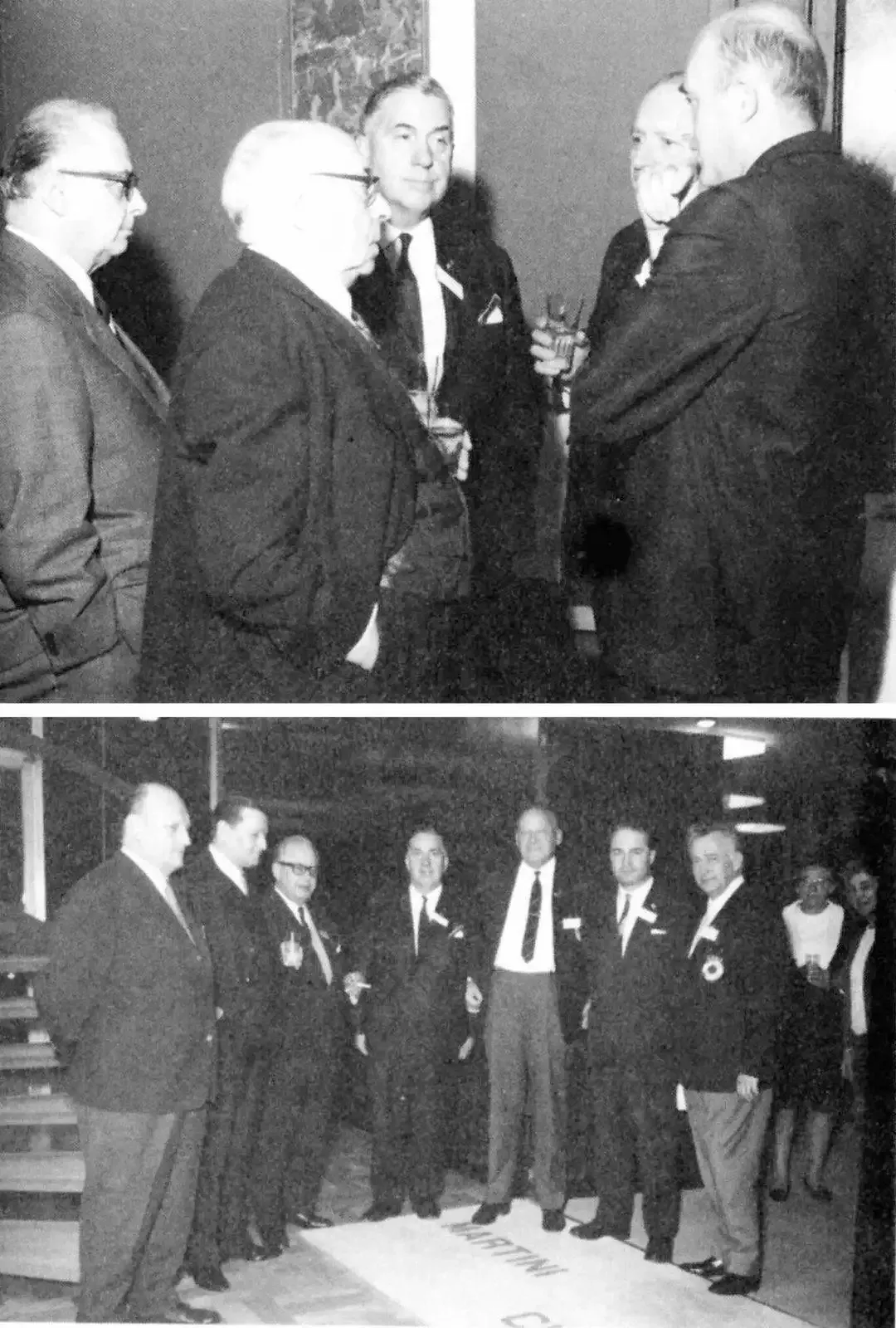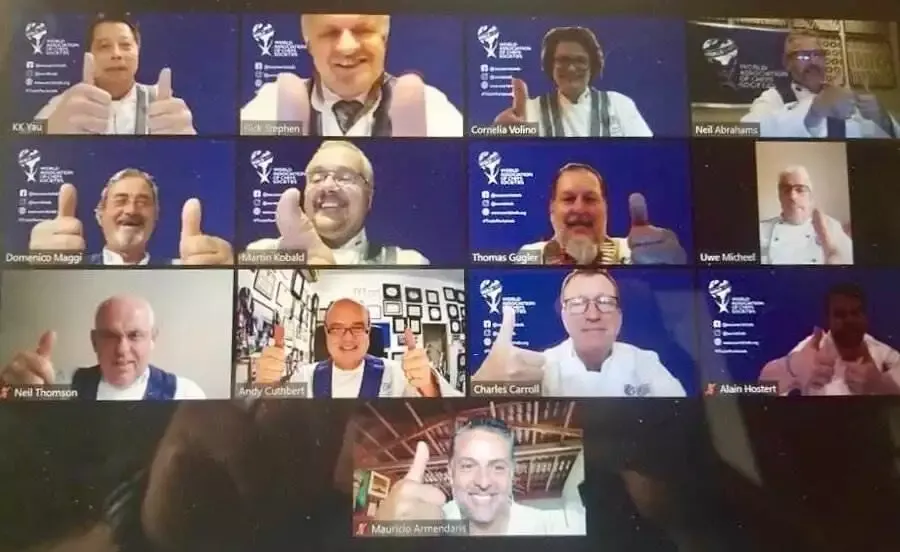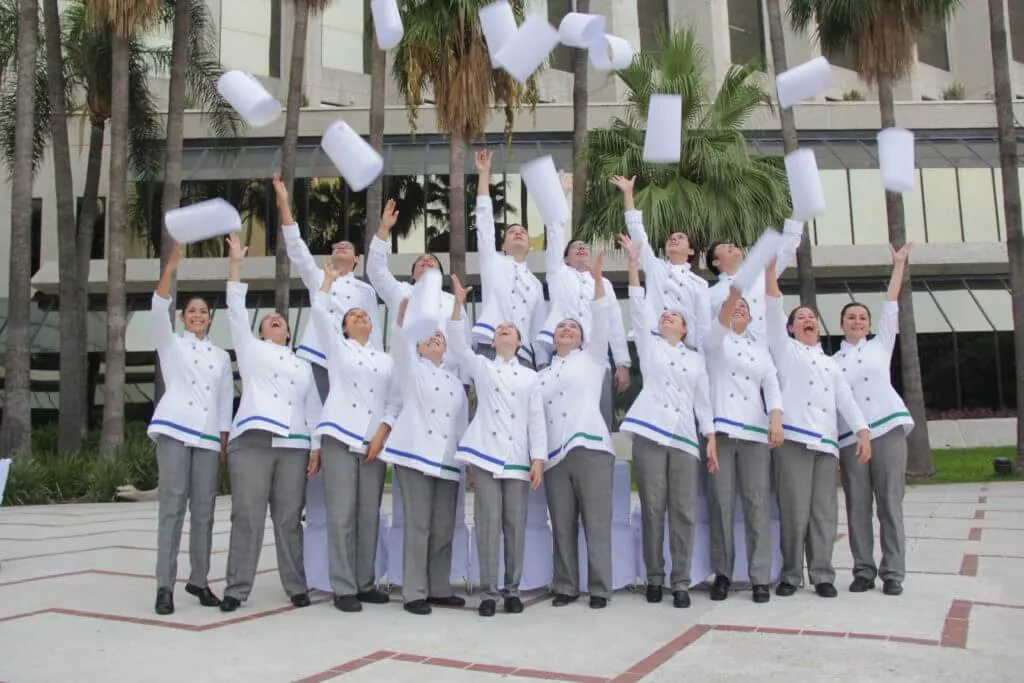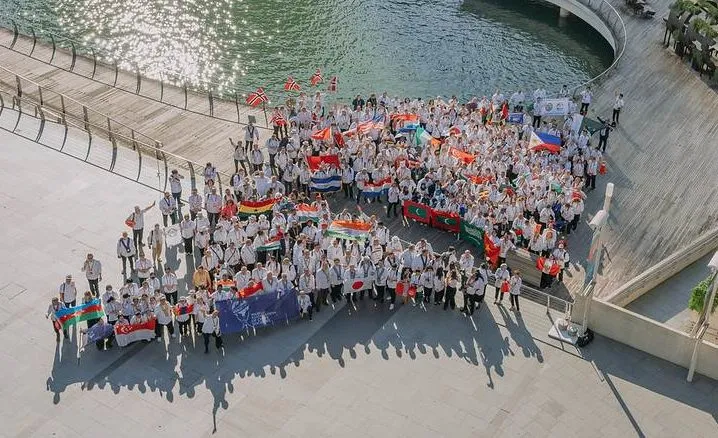Celebrating the 40th anniversary of Worldchefs, the 12th Congress is held in Geneva, Switzerland. Over one hundred delegates representing 19 nations and 22 affiliated societies are present.
In his welcoming address, President Emile Perrin expressed: “Today, as yesterday and tomorrow, this World Association's objective has been and will be to act as a link, a platform, a useful and necessary instrument for the universal community of cooks. Our tasks, as outlined in 1928, are still of topical significance since they call for greater effectiveness, friendly relationships between affiliated societies owing each other aid and protection, representing the general interests of the profession, enhance its standing, promote culinary arts in all their forms, afford members of affiliated societies moral and where necessary material support coordinate international exhibitions, facilitate exchanges and employment opportunities for cooks throughout the world.”
Austria assumes the presidency.
